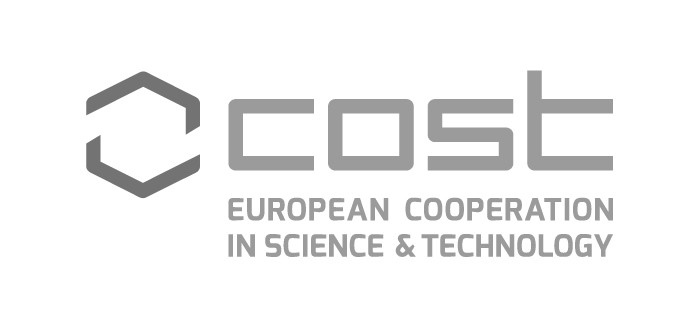
Conscious experience is central to our existence, and although important advances have been made in our scientific understanding of the phenomenon, radically different theories are still debated within the field, and clinically, prognoses for disorders of consciousness can still be improved substantially.
The main aim of this Action is examine the role of cortical neural architecture in consciousness from a basic science as well as a clinical perspective. This will be achieved in a joint effort aimed at building detailed neuroarchitectural models from different kinds of brain data and relating these to meticulously gathered behavioural data from healthy normal participants performing tasks associated with conscious perception/behaviour as well as to clinical data from patients with disorders of consciousness. The relation between neural architecture and consciousness will be made using advanced statistical modelling, including machine learning. If the Action is successful, the resulting models can be compared to identify neuroarchitectural characteristics related to each consciousness phenomenon individually and to all phenomena. This can be used to form a tentative data driven neuroarchitectural model of consciousness. Furthermore, successfully reaching the clinical sub-aims can result in a substantial increase in the predictive accuracy of prognoses for disorders of consciousness. Accurate prognoses could have a substantial positive impact on the lives of patients and relatives, and they could facilitate clinical decisions regarding whether escalate or stop treatment.
Projekto vykdytojai
| Vardas, pavardė | kabinetas | tel. nr. | el. paštas |
|---|---|---|---|
|
Instituto atstovas |
|||
| Algis Džiugys | 432-AK | +37037401874 | Algis.Dziugys@lei.lt |
|
Projekto vykdytojai |
|||
| Robertas Navakas | 411-AK | +37037401851 | Robertas.Navakas@lei.lt |
| Edgaras Misiulis | 211-LK | +37037401993 | Edgaras.Misiulis@lei.lt |
| Gediminas Skarbalius | 211-LK | +37037401993 | Gediminas.Skarbalius@lei.lt |





